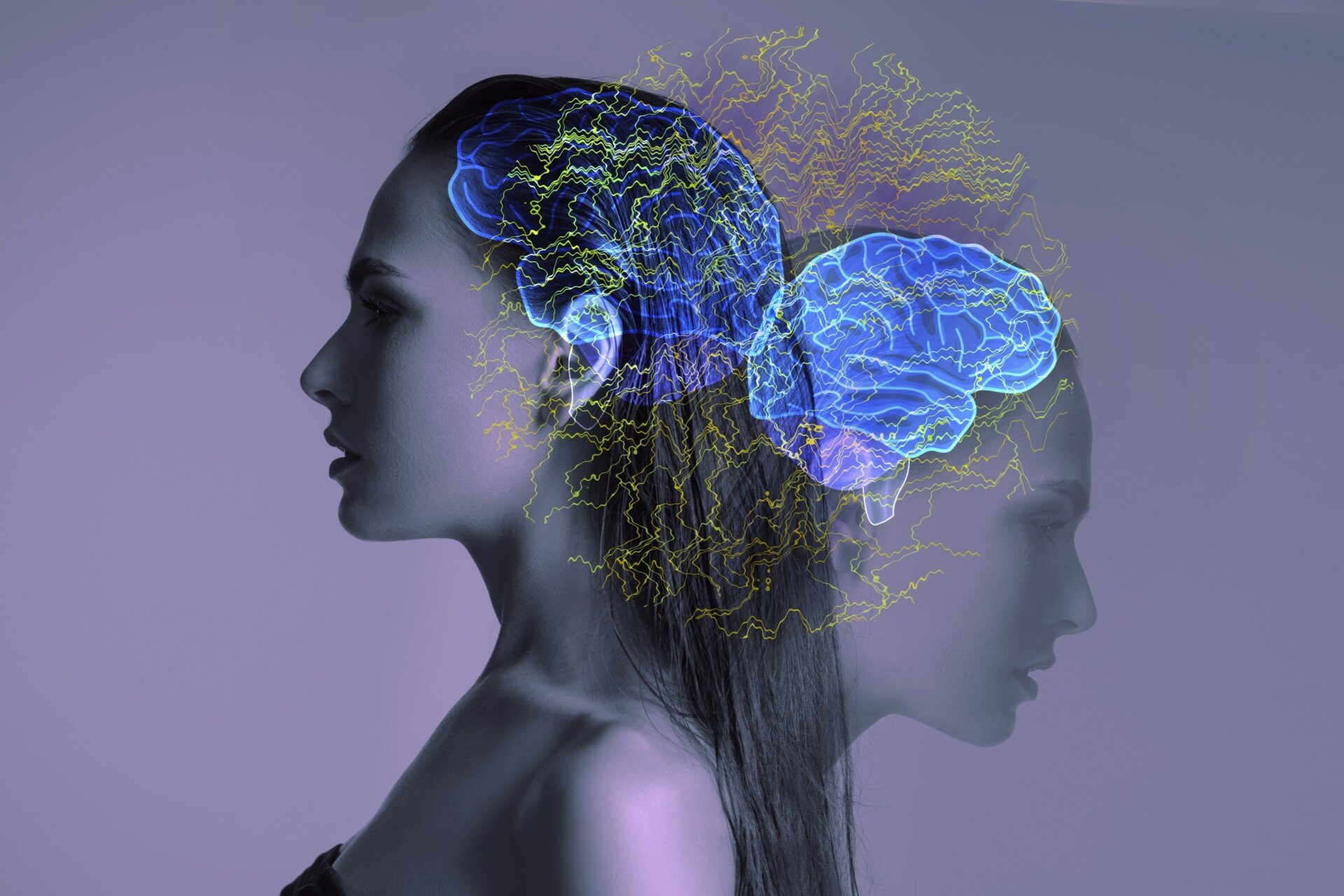Feeling overwhelmed by daily stress, struggling to maintain close relationships, or finding it challenging to stick to healthy routines are experiences familiar to many.
While these aspects of life may seem unrelated, a recent review highlights a crucial but overlooked factor connecting them all – brain health.
The state of our brains appears to fundamentally shape how effectively we handle stress, connect with others, and maintain a healthy lifestyle, ultimately influencing our mental health and overall well-being.

A study led by Marie-Anne Vanderhasselt and colleagues, published in Clinical Psychology Review, provides a detailed framework emphasizing brain health as the central hub connecting stress regulation, social interactions, and lifestyle behaviors.
Their findings suggest that maintaining a healthy brain could be as essential to successful psychological treatment as physical fitness is to athletic performance.
Stress is a common experience, defined broadly as a reaction to perceived threats that strain our emotional and physical resources.
While short-term stress can be adaptive – mobilizing our body’s resources to face challenges – long-term or chronic stress can lead to detrimental changes in brain function.
Repeated stress exposure or persistent worrying keeps the body’s stress systems activated, creating biological wear-and-tear known as “allostatic load.”
Over time, this sustained activation can harm the brain’s structure and function, particularly affecting areas involved in emotional control, reward processing, and memory formation, such as the prefrontal cortex, amygdala, and hippocampus.
Vanderhasselt and her team underscore that managing stress effectively depends significantly on maintaining a healthy brain.
Neural circuits that enable emotional regulation, self-control, and the enjoyment of life’s pleasures are all vulnerable to disruption under chronic stress.
For example, stress can negatively impact the brain’s reward system, reducing our ability to experience pleasure—potentially leading to lower motivation, diminished enjoyment of social activities, and a cycle of isolation and further stress.
The researchers also highlight how social connections are deeply intertwined with brain health.
Humans have an inherent need for social interaction, which involves complex neural networks supporting empathy, reward, and emotional processing.
The study notes that strong social relationships positively influence these neural pathways, enhancing our emotional resilience.
Conversely, feelings of loneliness or social isolation trigger biological stress responses similar to those experienced during physical threats, further compromising brain health and emotional stability.
Moreover, our lifestyle choices – such as regular physical exercise, balanced nutrition, and sufficient sleep – have direct effects on brain health.
Physical activity, in particular, promotes neuroplasticity through increased levels of brain-derived neurotrophic factor (BDNF), a protein crucial for neuronal growth and survival.
Healthy lifestyle habits strengthen brain regions associated with emotional regulation, cognitive control, and reward processing, reinforcing our ability to cope with stress and fostering a sense of emotional well-being.
Importantly, Vanderhasselt’s review suggests these relationships are bidirectional and mutually reinforcing.
Stress can impair the self-regulatory functions needed for maintaining a healthy lifestyle, leading individuals to unhealthy coping mechanisms like excessive alcohol consumption, smoking, or overeating.
Conversely, adopting a healthy lifestyle enhances the brain’s resilience against stress.
Social interactions further reinforce these effects by offering emotional support, promoting healthful behaviors, and reducing feelings of isolation.
Understanding this interconnectedness is vital because it implies that psychotherapeutic interventions focused solely on cognitive or emotional strategies might not be sufficient if brain health is neglected.
The researchers argue for a more comprehensive, neuroscience-informed approach in psychotherapy.
Enhancing brain health through lifestyle interventions and fostering meaningful social relationships could significantly amplify therapeutic outcomes, potentially offering new pathways for treating mental health disorders.
However, the researchers acknowledge limitations in their review.
Most evidence linking brain health to lifestyle, stress regulation, and social connection remains correlational, and more longitudinal studies are needed to clarify causative pathways. Furthermore, individual differences in neural responses to interventions also warrant further exploration.
Ultimately, this new conceptual model offers practical implications for everyday life and mental health care.
It underscores the importance of addressing stress management, cultivating healthy social relationships, and promoting lifestyle changes as interconnected strategies aimed at maintaining a healthy brain.
This integrative approach has the potential to enhance not only individual well-being but also improve the effectiveness of psychological treatments, making it easier for people to thrive amidst the pressures and complexities of modern life.
Citation
Vanderhasselt, M. A., Vergauwe, R., Baeken, C., Pulopulos, M. M., & De Raedt, R. (2025). Better together: The importance of brain health in the relationship between stress regulation, social connection and lifestyle in promoting mental health and well-being. Clinical Psychology Review, 102611. https://doi.org/10.1016/j.cpr.2025.102611

